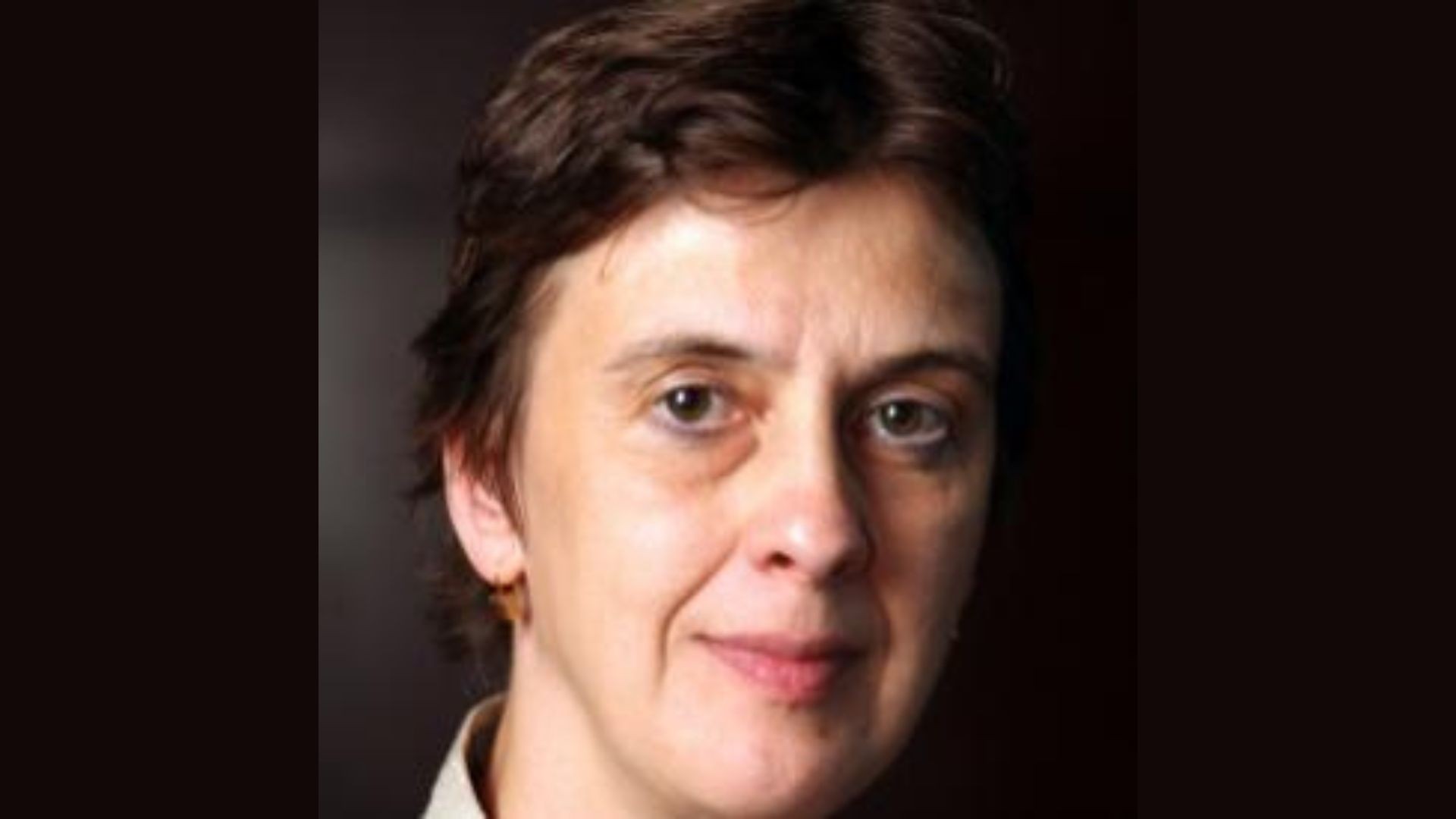This event is part of a research project that seeks to problematize governance of scarce, yet essential resources, such as drinking water, arable land, shelter, etc. and to develop a political economy of exclusion.
The current project seeks to understand the processes that lead to or exacerbate the tragedy of exclusion around the globe. The project recognizes at the outset that any governance regime is inherently exclusionary as it draws boundaries around communities or assets subject to the regime. The project’s positive or descriptive dimension seeks to find out how societies live up to the challenge of governing essential resources under conditions of heterogeneity and complexity. The normative claim made is that when it comes to resources that are essential for survival, governance must err on the side of inclusion and make more porous the boundaries drawn to protect individual or collective claims against outsiders. The project also recognizes the importance of sustainability – the need to protect not only essential resources against depletion, but also ecological diversity in its own right.
Solutions for the tragedy of exclusion must be derived from social ordering, agency and dynamics of change that offer clues about how to mitigate the effects of exclusion. In short, we need a political economy of exclusion. This project seeks to develop such a political economy by engaging with academics, activists and policy makers in different countries.
The roundtable in Turkey follows a roundtable held in Mumbai with Indian scholars in March 2014, where discussions focused on equitable access to land and housing.
